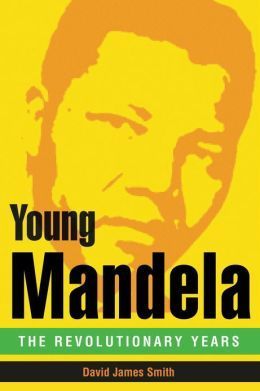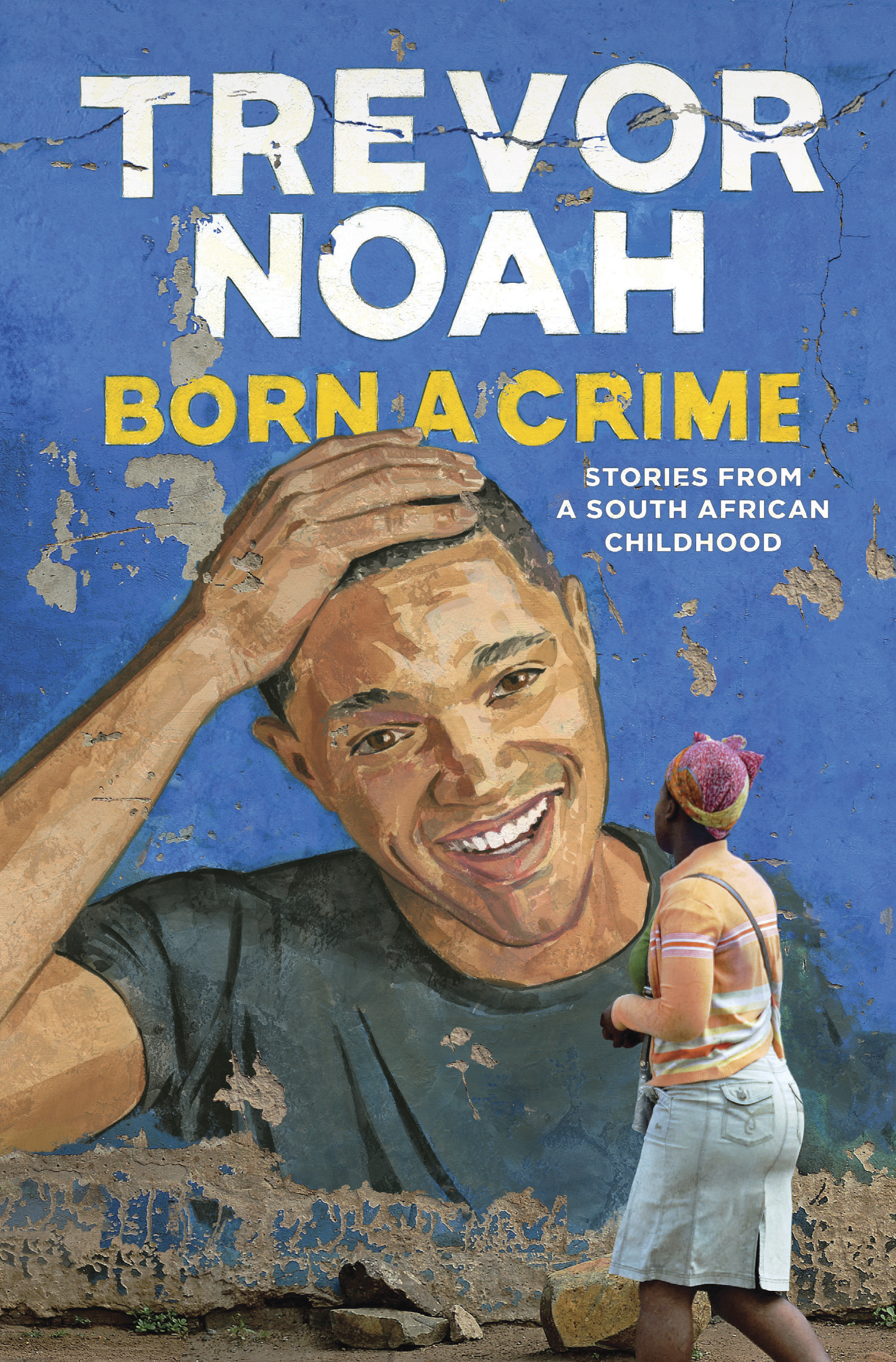
Young Mandela: The Revolutionary Years
Book Description
A young man rises from the shadows of poverty to ignite a revolution. 'Young Mandela: The Revolutionary Years' by David James Smith unravels the fierce spirit of Nelson Mandela during the tumultuous years of his early activism. With each daring protest and heart-wrenching sacrifice, tension crackles in a society on the brink of upheaval. As alliances are forged and betrayals emerge, the stakes grow ever higher. This is not just the story of one man—it's the pulse of a nation yearning for freedom. What will it cost him to change the world?
Quick Book Summary
"Young Mandela: The Revolutionary Years" by David James Smith offers a penetrating look into Nelson Mandela's formative decades as an activist and revolutionary. The book focuses on Mandela’s evolution from a young man in the rural Transkei to a determined leader galvanized by the injustices of apartheid South Africa. Through personal struggles, political awakenings, and a rising commitment to collective action, Mandela’s early years are marked by both turbulence and tenacity. Smith unearths lesser-known aspects of Mandela’s private life, including his relationships and ideological struggles, revealing a complicated figure navigating morally complex choices. It is a nuanced portrait of a leader shaped by a society in crisis, highlighting the sacrifices, dilemmas, and moments of inspiration that defined Mandela’s early path toward iconic status.
Summary of Key Ideas
Table of Contents
The Journey from Rural Roots to Political Awareness
Nelson Mandela’s early life provides a crucial foundation for understanding his later role as a global symbol of resistance. Smith details Mandela’s upbringing in the Transkei, illuminating the traditional values, customs, and challenges which shaped his worldview. Moving to Johannesburg exposes Mandela to urban life and the entrenched racial injustices of apartheid, sparking a growing sense of political consciousness. The book traces his transition from a privileged rural environment to an outsider struggling for dignity and opportunity in an oppressive city, sharpening his awareness of systemic inequality.
Forging Alliances and Navigating Betrayals
Amid Johannesburg’s political ferment, Mandela becomes deeply involved in the African National Congress (ANC) and its youth league. Smith explores his initial hesitations and gradual embrace of activism, emphasizing his talent for building alliances while also highlighting the betrayals and rivalries common among liberation movements. Mandela forges bonds with fellow activists like Oliver Tambo and Walter Sisulu, while navigating internal divisions that sometimes threaten unity. The interplay of camaraderie and competition underscores the difficulties Mandela faced in earning the trust—and sometimes resentment—of his peers.
Tactics of Resistance and Radicalization
Influenced by both pragmatic and ideological factors, Mandela is drawn toward increasingly radical methods of resistance. While initially committed to nonviolence, the book charts his evolving tactics in response to the state’s growing repression, describing clandestine meetings, acts of defiance, and the eventual embrace of sabotage. Smith illustrates the tension between moral principle and strategic necessity, as Mandela balances the risks of radicalization with the ethical dilemmas it creates. This journey reflects shifting dynamics within the ANC and the broader anti-apartheid struggle.
Personal Sacrifices Amid Revolutionary Commitment
Mandela’s revolutionary years exact a profound toll on his personal life. Smith presents the emotional and familial costs of sustained activism, from repeated arrests and periods of exile to the strain on Mandela’s marriages and relationships with his children. These sacrifices humanize Mandela, revealing moments of vulnerability alongside his public persona of strength. The book does not shy away from Mandela’s flaws and contradictions, painting a portrait of a man whose sense of duty often led to personal isolation and heartbreak.
Mandela’s Legacy in the Context of National Struggle
By contextualizing Mandela’s personal journey within the larger sweep of South African history, Smith demonstrates how his early years laid the groundwork for his later achievements. The book concludes with reflections on the enduring impact of Mandela’s choices and the ongoing resonance of his struggle in contemporary struggles for justice. It situates Mandela not as a solitary hero, but as a product and catalyst of a society in search of liberation, inspiring generations to persist in the face of overwhelming odds.
Download This Summary
Get a free PDF of this summary instantly — no email required.





